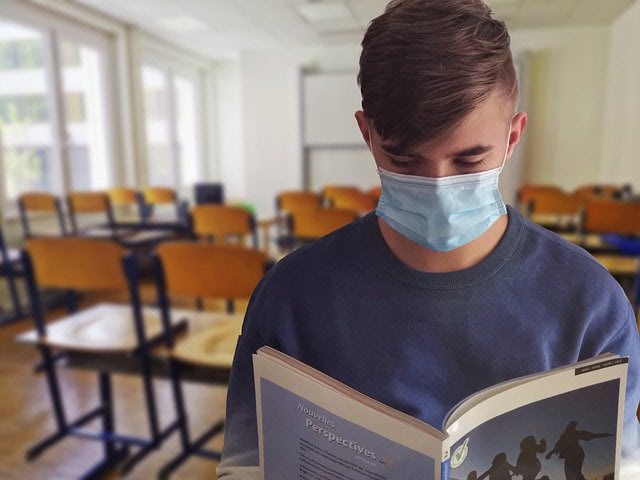As universities welcome new and returning students at the start of this academic year,
@UniversitiesUK (UUK) has published a commitment to support student wellbeing and education as students adjust to the challenges of the coronavirus pandemic and the necessarily different learning and student experience in the first semester of the academic year.
To accompany this commitment, UUK has published a
new checklist to guide universities that are supporting students who are self-isolating. This builds on
previous guidance published to reaffirm and clarify the actions universities should consider to best support students’ physical, mental and emotional wellbeing.
A commitment by Universities UK to students’ wellbeing:
Despite the challenges we all share, we are committed to ensuring the educational and social experience that this generation of students deserves.
The safety and wellbeing of our students, our staff and surrounding communities is our priority. We have worked hard to provide a safe start to the new academic year, offering a blend of online and in-person learning in Covid-safe settings, implementing national guidance on accommodation and risk-assessed social interaction.
In June we published principles for universities to consider as they prepared for the new term, and in August we launched self-isolation guidance specifically for international students arriving in the UK. Recently, Universities Scotland published a Consistent core of care for students during the pandemic.
We will continue to work in close partnership with government and public health teams to improve surveillance, testing, tracing and outbreak response and to review plans in line with national and local guidance.
The pandemic has touched all our lives, with students facing particular challenges in these uncertain times. Our students have shown extraordinary resilience and solidarity with the national effort to overcome the virus. They recognise the shared responsibility to keep themselves and wider communities safe. We reject any attempt to blame or single out students and will work closely with student unions to support safe behaviours and social interactions.
We will ensure that, when outbreaks occur, students are fully supported to self-isolate.
Universities prioritise the mental health and wellbeing of our students and staff. We recognise the mental health impact of the pandemic and commit to proactive support. We cannot do this alone and are asking government to commit to step up support for student wellbeing.
Professor Julia Buckingham CBE, President of Universities UK and Vice-Chancellor of Brunel University London said:
“All students deserve the right support from universities to ensure that they can continue with their education during this pandemic. Universities are committed to supporting student and staff safety and wellbeing, including implementing many additional measures to increase care and support.
“This is a very challenging time with COVID-19 cases rising in many communities. All universities are working in partnership with their local authorities and public health bodies to adapt to the changing local circumstances, to implement outbreak response plans effectively to protect their communities, and to keep the measures in place to reduce risks under review to ensure that they are effective.”
Alistair Jarvis, Chief Executive of Universities UK said:
“We understand that this is a very difficult time for many students. Universities are doing their utmost to protect their students, staff and local communities, while also striving to deliver an engaging learning experience to ensure that students – who have faced incredible disruption during this pandemic – can continue with their education. This checklist builds on previous guidance published by Universities UK to ensure universities continue to provide each and every student with the support they need.
“Self-isolation is key to containing the spread of COVID-19. Where it is necessary for students to self-isolate, university staff and students’ unions are making huge efforts to take care of both their physical and emotional wellbeing, including access to testing and health care, mental health support, continuing learning online, safe social interaction, food deliveries, laundry, and financial support.”












Responses